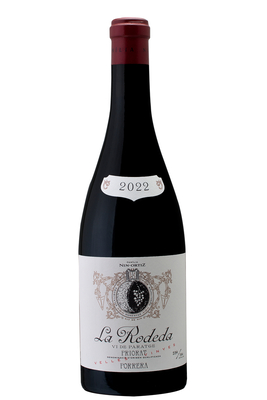Kvällsleverans och dagleverans med Gordon Delivery
Leveransdagar: torsdagar och söndagar.
För dagleverans behöver du kunna vara hemma mellan klockan 08.00-17.00. Önskas kvällsleverans och bor i tätort behöver du kunna vara hemma mellan kl. 16.00–22.00 på leveransdagen, och bor du i glesbygden mellan kl. 14.00-22.00
Några dagar innan leverans aviserar vi dig via mejl att leverans är på gång.
Efter att 24 h har passerat sedan du fått vårt avseringsmejl börjar Gordon att planera leveransen. Samma eftermiddag/kväll får du ett sms med ett leveransfönster om 2–3 h.
På leveransdagen, när bilen är lastad och föraren startat rutten, kan du följa leveransen och när den beräknas komma. När föraren är omkring 5–6 stopp ifrån dig får du ytterligare sms. Beroende på din på adress och område (tätort/glesbygd) är det från 30–40 min - 1,5 h innan leveransen är beräknad anlända
Skriv in ditt postnummer för att se när vi kan leverera till dig.
Grattis!
Vi kan leverera till dig på kvällstid med Gordon Delivery
Leveransdagar: torsdagar och söndagar.
För dagleverans behöver du kunna vara hemma mellan klockan 08.00-17.00. Har du kvällsleverans och bor i tätort behöver du kunna vara hemma mellan kl. 16.00–22.00 på leveransdagen, och bor du i glesbygden mellan kl. 14.00-22.00
Några dagar innan leverans aviserar vi dig via mejl att leverans är på gång. Du får aviseringsmejl måndagsmorgon för leverans på torsdagen, och på onsdagsmorgon för leverans på söndagen. Det är viktigt att du inom 24 h, från att du aviseringsmejl, informerar oss om du behöver byta leveransdag eller göra någon annan ändring.
Varje ändring därefter debiteras med 159 kronor.
Efter att 24 h har passerat sedan du fått vårt avseringsmejl börjar Gordon att planera leveransen. Samma eftermiddag/kväll får du ett sms med ett leveransfönster om 2–3 h.
På leveransdagen, när bilen är lastad och föraren startat rutten, kan du följa leveransen och när den beräknas komma. När föraren är omkring 5–6 stopp ifrån dig får du ytterligare sms. Beroende på din på adress och område (tätort/glesbygd) är det från 30–40 min - 1,5 h innan leveransen är beräknad anlända
Grattis, vi kan leverera till dig på dagtid!
Vi kan tyvärr inte leverera till ditt postnummer på kvällstid.
Däremot kan vi leverera till dig på dagtid med DHL eller Bring.
Dagleverans:
Du får ett mejl från oss med leveransdatum. Leverans sker någon gång mellan klockan 8-17







